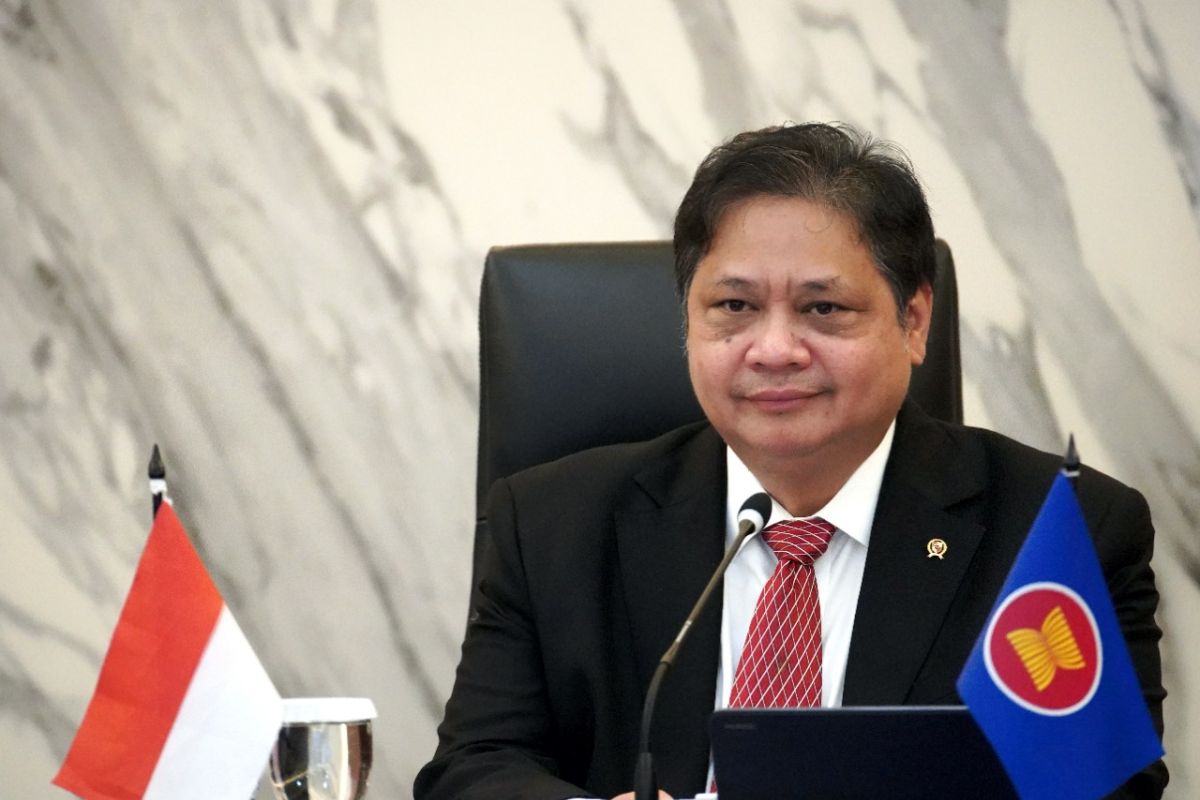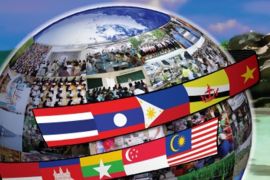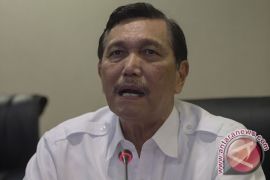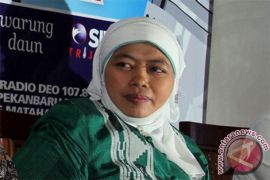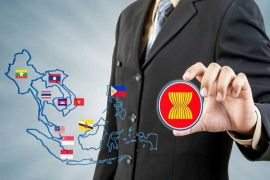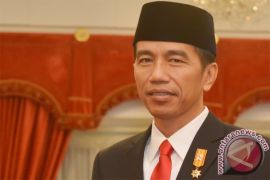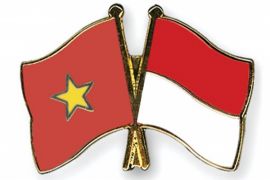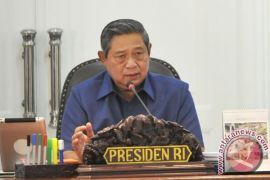It is in line with the national policy of reducing food waste by 50 percent and textile waste by 14 percentJakarta (ANTARA) - Digital transformation and sustainability are important factors for achieving the 2025 ASEAN Economic Community (AEC) blueprint target, Coordinating Minister for Economic Affairs, Airlangga Hartarto, has said.
He made the statement at the online 20th ASEAN Economic Community Council (AECC), which he chaired on Monday.
He said he fully supported the sustainable attempt for improving the digital skills of the region’s micro, small, and medium enterprises (MSMEs) through various initiatives, for instance, the ASEAN SME Academy, Go Digital ASEAN, ASEAN Access, and the integration of MSMEs into the global value chain.
"The collaborations are key for designing policies and regulations to mitigate disruption and maximize the benefits of the digital economy through a collective approach of digital transformation in ASEAN," he remarked, quoted in a statement received here on Monday.
At the meeting, members agreed on two documents as part of their commitment to developing the digital economy in the region, he informed.
The documents are the Bandar Seri Begawan Roadmap to Accelerate ASEAN's Economic Recovery and Digital Economy Integration as well as the ASEAN Leaders' Statement on Advancing Digital Transformation in ASEAN, he said.
Furthermore, the coordinating minister urged ASEAN members to take advantage of the fast-growing global digital market to build the region’s digital economy ecosystem, for instance in the e-commerce, ride-hailing, travel, edutech, and healthtech sectors.
Related news: Minister stresses ASEAN cooperation to expedite digital transformation
In supporting the regional digital transformation agenda, he highlighted five strategies that need to be carried out by the governments of each member country.
The first is to issue inclusive, coherent, and holistic regulations which support innovation and digital economy development, he said.
Second, develop telecommunications infrastructure and ensure affordable internet access, he added.
The third strategy is to strengthen collaboration with the private sector in policy-making, the minister said.
Fourth, accelerate digital literacy and prepare many digital talents, he added.
Fifth, increase productivity and innovation in the public sector through the digital ecosystem, Hartarto said.
Meanwhile, on sustainable priority issues, Indonesia is committed to implementing the circular economy scheme to run a sustainable economy and create a lot of green job opportunities, he added.
"It is in line with the national policy of reducing food waste by 50 percent and textile waste by 14 percent," he remarked.
In addition, according to him, blue and green economy programs need to be encouraged as ASEAN’s new growth driving factors while helping the region keep pace with global development.
Hence, the ASEAN Community Post-2025 Vision needs to devote attention to the current situation by increasing biotechnology research and development collaboration to support vaccine production capacity in the region, Hartarto said.
"Thus, further discussions regarding the preparation of the vision need to involve three pillars (political and security cooperation, economic cooperation, and socio-cultural cooperation), especially in discussing developing cross-sectoral issues and the capacity of ASEAN institutional mechanisms," he added.
Related news: ASEAN+3 region projected to clock 6.1-percent growth in 2021
Translator: Kuntum Riswan, Uyu Liman
Editor: Suharto
Copyright © ANTARA 2021
